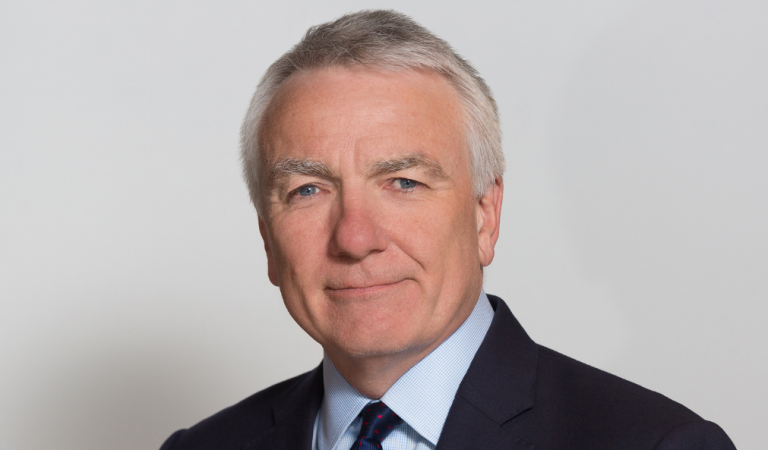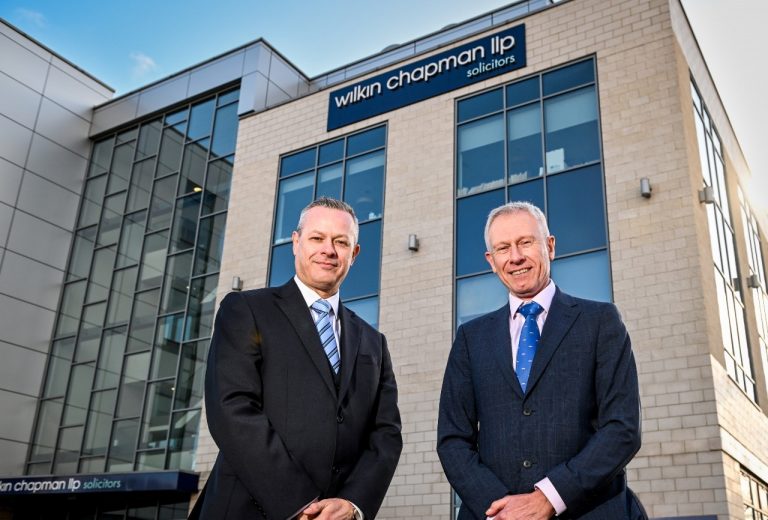Call centre company could create 200 Hull jobs thanks to £283k grant
Humber Freeport launches search for region’s rising property star
Humber Freeport has launched a search to find the region’s rising property star, with a ticket for the huge UKREiiF investment showcase up for grabs.
Taking place in Leeds from May 21st to 23rd, UKREiiF is the UK’s leading investment and infrastructure forum. Bringing together the biggest names in property, investment, planning and development, the three-day conference will attract more than 10,000 attendees, with 700 speakers across 30 stages, and over 150 exhibitors. Humber Freeport will be represented at UKREiiF, showcasing the region’s powerful proposition as a magnet for global investment and development. And, as part of its commitment to skills and talent, Humber Freeport has reserved a place for the region’s rising “Prop Star.” The successful candidate will be an early career professional – aged under 25 – making a big impact and forging a successful path in the fields of property, planning, development or investment, in either the private or public sector. Humber Freeport Chair Simon Bird said: “This is a fantastic opportunity for a young property professional to attend the UK’s biggest event in the world of property and investment. “It’s a rare chance to hear from some of the biggest names in the industry, speak to leading exhibitors, develop valuable contacts and gain invaluable insight and profile at this enormously prestigious event. “Humber Freeport is playing a major role in attracting large scale investments to the region and our attendance at UK UKREiiF presents a major opportunity to promote the region and the additional benefits of freeport status. “We’re pleased to have launched this competition to showcase the next generation of property and investment stars and open up a tremendous opportunity for the winning candidate.” To be in with a chance of joining the Humber Freeport team at UKREiiF, entrants must:- Write a short bio about themselves, including their career history and current role.
- Summarise why they’d love to attend UKREiiF and how it will support their personal and professional development.
Wilkin Chapman appoints new Senior Partner
Wake Smith chairman to become High Sheriff of South Yorkshire
Lincoln businesses backed by new initiative to tackle shoplifting
Hull-based firm invests £1m in Bedfordshire training facility
Dalton Industrial Estate gets £129,000 grant to help with 12-month decarbonising study
Yorkshire & Humber manufacturers see mixed start of the year
Yorkshire & Humber manufacturers are seeing a mixed picture as they start the year but confidence is remaining robust despite the UK economy remaining weak overall.
However, Make UK is forecasting growth for manufacturing of just 0.1% in 2024 and 0.8% in 2025 which is weaker growth than the economy overall.
The findings come in the Q4 Manufacturing Outlook survey published by Make UK and business advisory firm BDO. According to the survey, output in Yorkshire & the Humber fell in the first few months of the year. However, looking forward both output and orders are set to pick up substantially in the second quarter of the year in line with the national picture.
However, this picture is not currently being reflected in either investment intentions or recruitment, although this reflects an easing from a strong picture for both indicators last year rather than any negative pattern.
Dawn Huntrod, Region Director for the North at Make UK, said: “After the economic and political shocks of the last few years there is now strong confidence among manufacturers in Yorkshire & the Humber, despite the mixed picture. While growth in the economy is not exactly supercharged, the positive announcements in the Autumn Statement and Budget can at least allow them to plan with more certainty for the future.”
Steve Talbot, Head of Manufacturing at BDO in Yorkshire, added: “Manufacturers across Yorkshire and the Humber have continued to show their ability to overcome wave after wave of challenges, but they cannot continue to do this indefinitely without some more long-term support from the Government.
“The expected increase in output and orders in the latter half of this year is positive and in line with the overall national picture, but whatever happens over the next quarter will be critical to manufacturing businesses in the region.”












